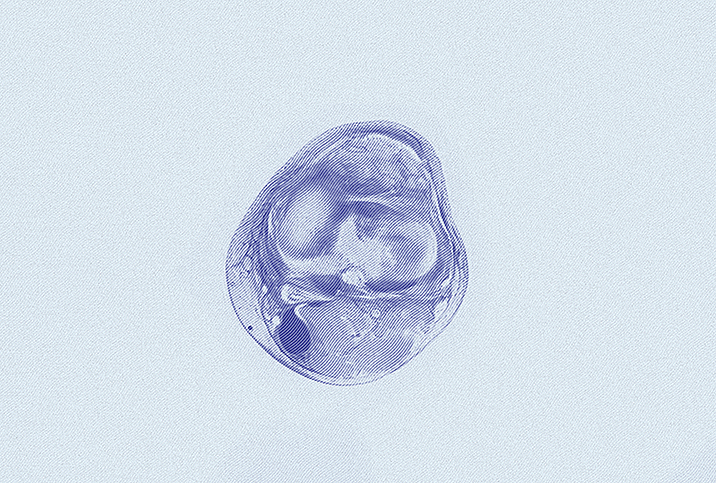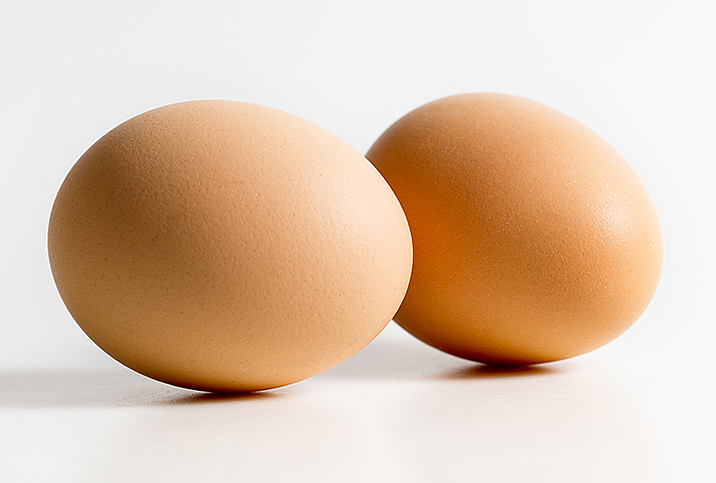Should I Be Worried About a Spermatocele?

By teaching men and women about self-examinations to check for lumps in the testicles and breasts, respectively, modern medicine has made tremendous strides in educating people about preventive medicine—especially for testicular cancer. The five-year relative survival rate for men whose cancer is detected before it has spread is an astonishing 95 percent, according to the National Cancer Institute.
One unintended consequence of all this self-examination is that men are perhaps more in tune than ever with the vagaries of their bodies. They're more educated than ever before about other testicular issues such as epididymitis, varicoceles and hydroceles.
However, there's a lesser known testicular condition that can often cause men consternation and more than a little fear. It's called spermatocele and presents as a lump in the testicles.
But is it something men should be concerned about?
What is a spermatocele?
Spermatocele is the name for a benign cyst that appears in the epididymis, the long, tightly coiled tube behind and above each testicle. It's also called a spermatic or epididymal cyst. Once sperm are produced in the testicles, the cells pass through the epididymis on a 10- to 14-day journey as they mature. Finally, the sperm are mixed with other seminal fluid components and ejected from the penis in the man's ejaculate.
A spermatocele is noncancerous and often painless. It's often filled with fluid and may contain dead sperm. As morbid as that may sound, a spermatocele is generally not considered dangerous. Despite being a lump that appears on or near the testicles, it may go unnoticed until you have your yearly physical exam.
However, there are a couple of reasons why men who believe they may have a spermatocele should closely monitor the situation and consult their doctor.
Spermatoceles and fertility
A spermatocele, obviously, is closely related to the reproductive organs, so many men may wonder if a spermatocele can impede their ability to father children.
Generally speaking, the answer is no. However, doctors note that a spermatocele can inhibit the normal growth of sperm and reduce the quality and quantity of sperm the man produces. If you've been trying to conceive for more than a year without success and you have a spermatocele, definitely see your doctor.
Spermatoceles and discomfort
Another potential cause for concern with spermatoceles is when they grow too large. A larger spermatocele could cause discomfort or even pain, as well as a sense of heaviness in the man's scrotum.
As with any abnormality related to the genitalia, consulting a medical professional should be at the top of your to-do list. While a spermatocele is benign, ruling out any other causes for a lump in the testicles is of prime importance.
It's important to note that a diagnosis of spermatocele usually doesn't indicate a need for immediate treatment. Treatment options are typically limited to medications to reduce pain and swelling.
Treating a spermatocele
If a spermatocele grows particularly large, minimally invasive treatment options are available, but only if absolutely necessary.
- Aspiration and sclerotherapy—The doctor inserts a needle into the cyst and draws out the fluid. An irrigating agent is injected into the cyst to discourage further growth and encourage healing.
- Spermatocelectomy—A doctor first uses local or general anesthesia, then makes a small incision in the scrotum to remove the cyst.
Conclusions
When it comes to testicular issues involving lumps or discomfort, a spermatocele is one of the least alarming of them all.
However, don't assume that a lump in your testicles is definitely a spermatocele before you have it examined by a medical professional. A lump down there could be an indication of a much more serious condition such as testicular cancer, which must be addressed early and aggressively to prevent it from spreading.
And if you're trying to conceive, any abnormality in the testicles, spermatocele included, should be dealt with right away with the help of a medical professional.

















